Past Events
Interested in Cotsen events? Sign up for our mailing list.The Cotsen Institute of Archaeology and the CMRS Center for Early Global Studies present Place, Indigenous Resistance, and Architectures of Protest in Contemporary Mexico with Dr. Tania Gutiérrez-Monroy, Assistant Professor in the School of Architecture + Landscape Architecture (SALA) at The University of British Columbia. Dr. Gutiérrez-Monroy is an architectural historian who studies relationships between identity and space.
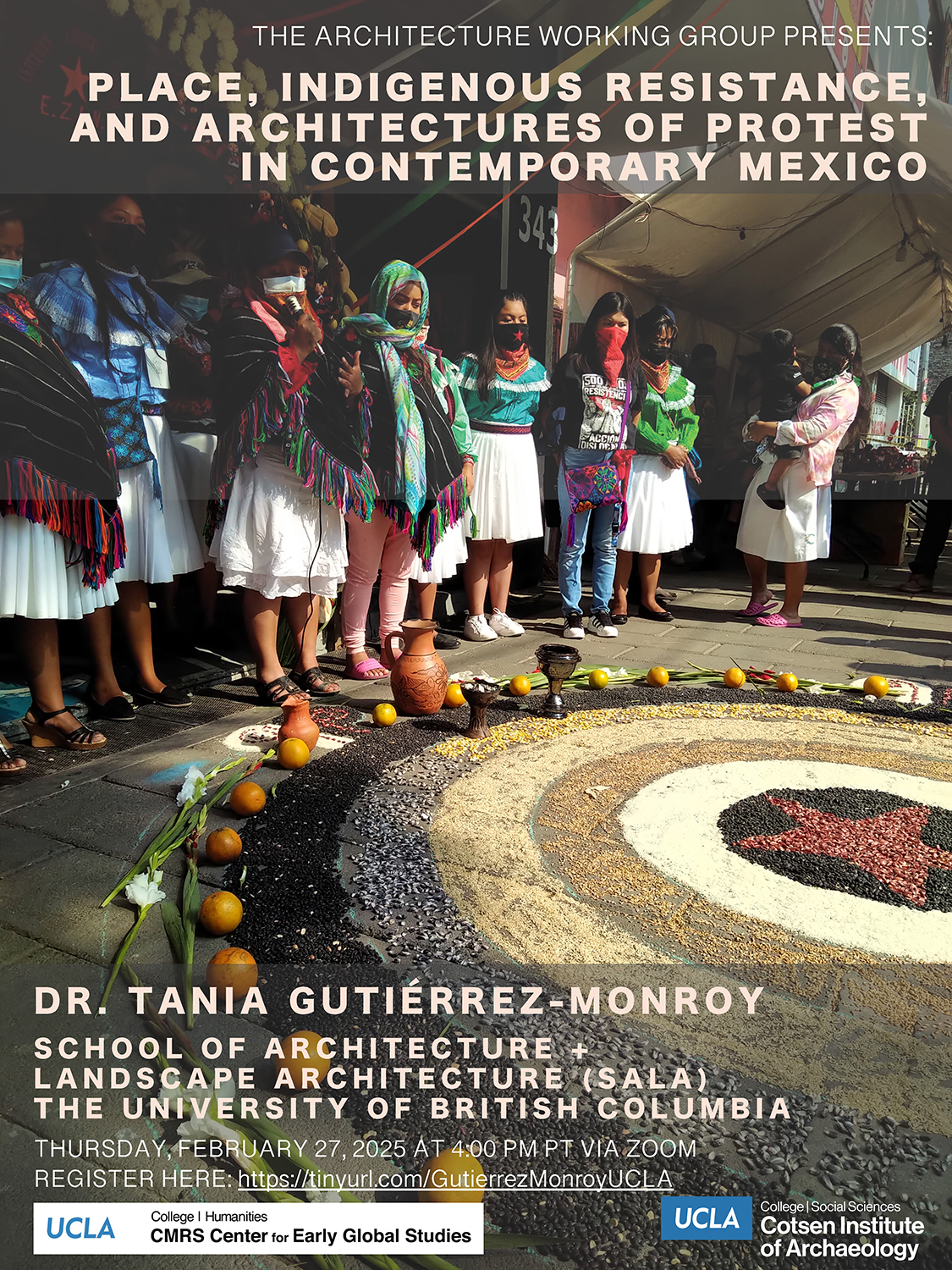
Contact Sarah Ortiz-Monasterio
Email somonasterio@g.ucla.edu
Phone
The Dynamic Legacy of the Ifugao Rice Terraces
The Ifugao Rice Terraces, a UNESCO World Heritage site in the Philippines, represent a living cultural landscape shaped by centuries of Indigenous knowledge and community resilience. This lecture will explore the multifaceted efforts to preserve and sustain this iconic heritage amid challenges posed by climate change, modernization, and globalization. Drawing on his extensive experience with community-led initiatives, Martin will delve into strategies that center Indigenous agency in the matters of conservation and ensure that the terraces will remain both a cultural and an agricultural resource for future generations.
The lecture will revisit the origins of the rice terraces, incorporating insights from the Ifugao Archaeological Project, which redefines their history as a dynamic response to Spanish colonialism rather than an ancient legacy. By highlighting the intersections of archaeology, community education, and sustainable tourism, the presentation will showcase how the Ifugao balance cultural integrity with economic opportunities. Designed for both scholars and the larger community, the lecture will underscore the global relevance of Indigenous knowledge systems in addressing contemporary issues. It will invite a dialogue on collaborative opportunities to further engage in the preservation of the Ifugao heritage, offering pathways for partnerships that honor and amplify Indigenous voices.
Reception followed by lecture and Q&A with Marlon Martin (Save the Ifugao Terraces Movement)
Register here
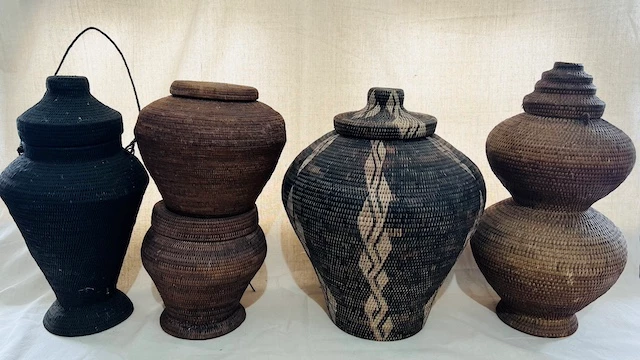
Marlon M. Martin is the executive director of the Save the Ifugao Terraces Movement (SITMo), a community-based organization dedicated to the conservation of the UNESCO-listed Ifugao Rice Terraces. A passionate advocate for Indigenous heritage and community empowerment, Martin has been instrumental in bridging local knowledge and academic research. His leadership in the Ifugao Archaeological Project has redefined how heritage research can be co-created with communities, helping to challenge long-standing misconceptions about Ifugao history. Through initiatives like the Preserving Legacies program, Martin has emphasized the centrality of community participation in developing sustainable strategies for cultural preservation and revitalization. With over two decades of experience in heritage management, Martin has contributed to national and international dialogues on Indigenous knowledge systems, climate adaptation, and the intersections of cultural and environmental sustainability. His work exemplifies the transformative potential of community-driven approaches to archaeology and heritage conservation.
Sponsored by Center for Southeast Asian Studies, Fowler Museum at UCLA, Cotsen Institute of Archaeology, Henry Luce Foundation, the Philippine Consulate General in Los Angeles, and the Office of Senator Loren Legarda (Senate of the Philippines)
Contact Center for Southeast Asia Studies
Email cseas@international.ucla.edu
Phone
On February 5, 2024, the Fowler returned a group of objects to His Majesty, Otumfuo Osei Tutu II, the 16th Asante King (Asantehene). On July 23, 2024, 20 historical treasures were returned to the Warumungu community in Tennant Creek, in the northern Territory of Australia. Join Silvia Forni, the Shirley & Ralph Shapiro Director of the Fowler Museum, and Erica P. Jones, senior curator of African arts and manager of curatorial affairs, for a conversation about the processes that enabled these returns and what museums gain when they let go of certain objects.
6pm Lecture
7pm Reception
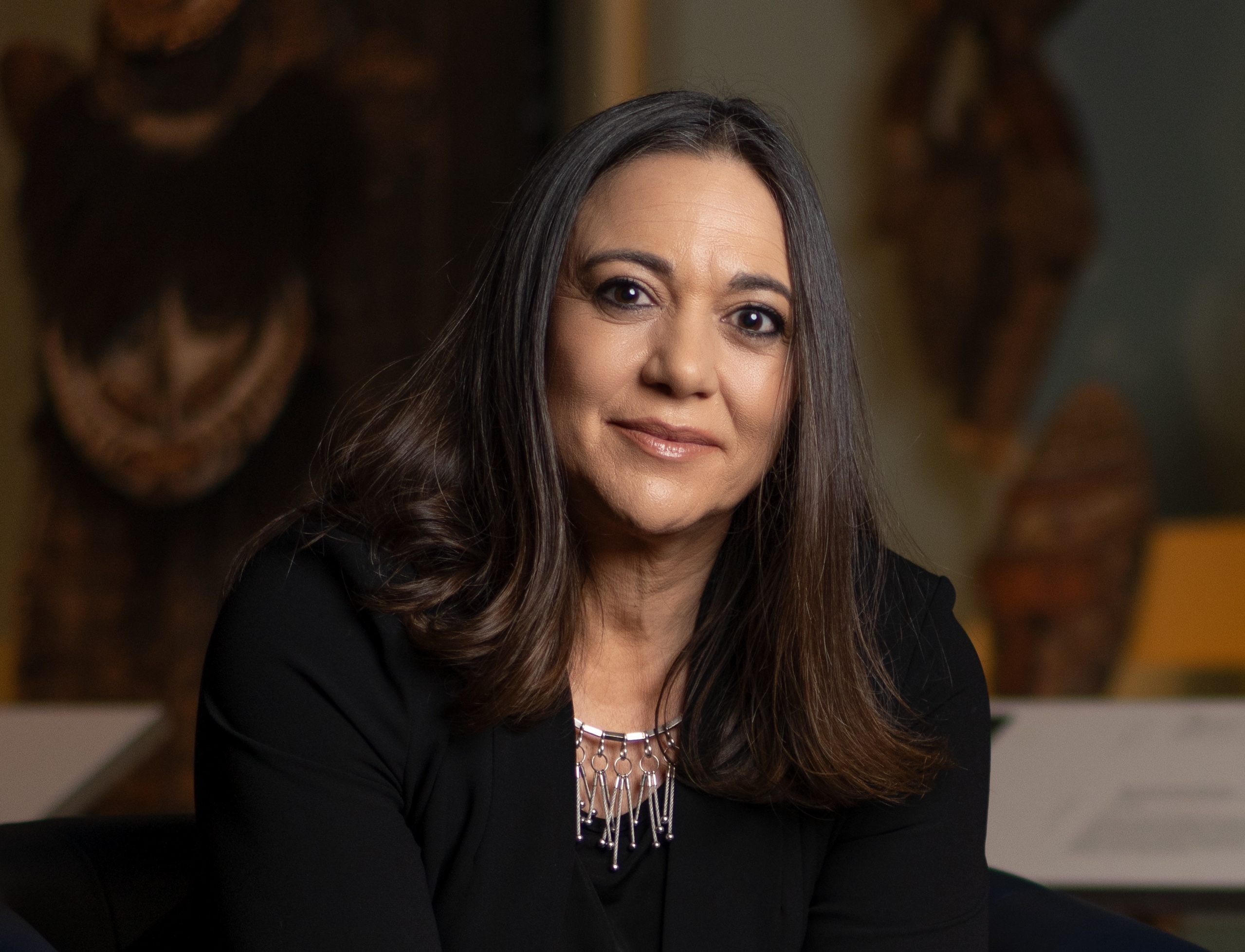 Dr. Silvia Forni joined the Fowler Museum as Shirley and Ralph Shapiro Director in December 2022. At the Fowler she is leading a team of dedicated scholars and museum professionals deeply invested in celebrating underrepresented artists and art histories and curating exhibitions and programs with and for the global communities of greater Los Angeles. Before moving to LA she served as Senior Curator of Global Africa and Deputy Vice President of the Department of Art & Culture at the Royal Ontario Museum in Toronto. She is also associated with the Department of Anthropology of the University of Toronto as Associate Professor. She is the author of numerous essays and book chapters. Among her recent publications is the volume Making History: Visual Art & Blackness in Canada, co-edited with Julie Crooks and Dominique Fontaine (2023), Art, Honor, and Ridicule: Fante Asafo Flags from Southern Ghana (2017), co-authored with Doran H. Ross (Awarded the R.L. Shep Ethnic Textile Book Award from the textile Society of America in 2018) and Africa in the Market. 20th Century art from the Amrad African Art Collection. (2015) edited with Christopher B. Steiner (Awarded the Arnold Rubin Outstanding Publication Award from the Art Council of the African Studies Association in 2017).
Dr. Silvia Forni joined the Fowler Museum as Shirley and Ralph Shapiro Director in December 2022. At the Fowler she is leading a team of dedicated scholars and museum professionals deeply invested in celebrating underrepresented artists and art histories and curating exhibitions and programs with and for the global communities of greater Los Angeles. Before moving to LA she served as Senior Curator of Global Africa and Deputy Vice President of the Department of Art & Culture at the Royal Ontario Museum in Toronto. She is also associated with the Department of Anthropology of the University of Toronto as Associate Professor. She is the author of numerous essays and book chapters. Among her recent publications is the volume Making History: Visual Art & Blackness in Canada, co-edited with Julie Crooks and Dominique Fontaine (2023), Art, Honor, and Ridicule: Fante Asafo Flags from Southern Ghana (2017), co-authored with Doran H. Ross (Awarded the R.L. Shep Ethnic Textile Book Award from the textile Society of America in 2018) and Africa in the Market. 20th Century art from the Amrad African Art Collection. (2015) edited with Christopher B. Steiner (Awarded the Arnold Rubin Outstanding Publication Award from the Art Council of the African Studies Association in 2017).
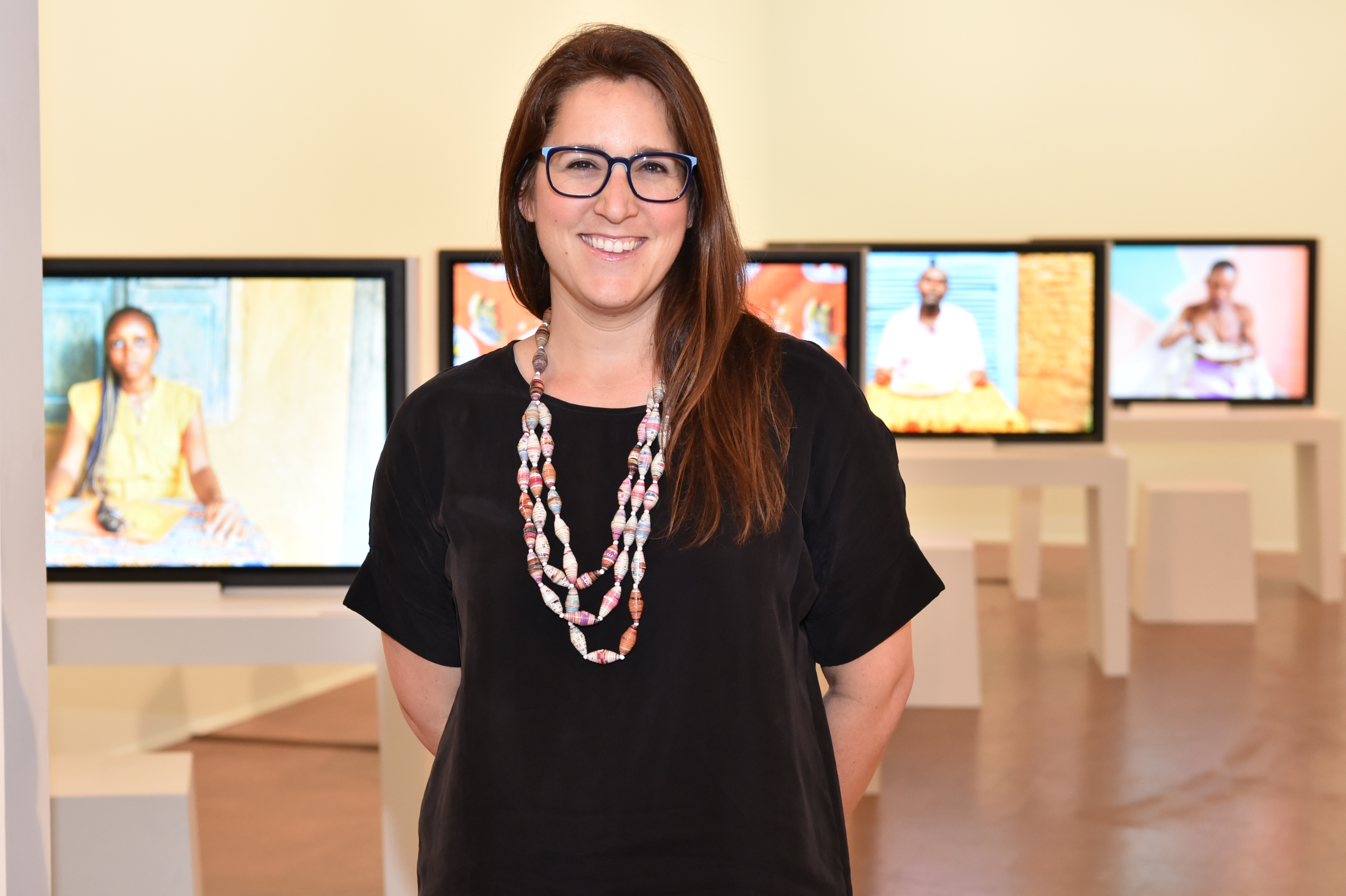 Dr. Erica P. Jones is the Senior Curator of African Arts and Manager of Curatorial Affairs at the Fowler Museum at UCLA. She received a Ph.D. in art history, with a focus in the arts of Africa, from the University of California, Los Angeles. Since joining the Fowler Museum in 2015, she has curated many exhibitions. A selection include The House Was Too Small: Yoruba Sacred Arts from Africa and Beyond (2023, co-curator), Gosette Lubondo: Imaginary Trip (2022, co-curator), Photo Cameroon: Studio Portraiture 1970-90s (2021, co-curator), Inheritance: Recent Video Art from Africa (2019), On Display in the Walled City: The Nigerian Pavilion at the British Empire Exhibition 1924-1925 (2019), and Meleko Mokgosi: Bread, Butter, and Power (2018). Jones is a key member in the Fowler’s Mellon grant funded initiative “Collaborative Interdisciplinary Research on African Collections at the Fowler Museum.” She is currently on the board of African Arts Journal, serves as a co-chair of the steering committee for the Collaboration, Collections, and Restitution Best Practices for North American Museums Holding African Objects Working Group, and in 2024 led the Fowler Museum’s repatriation of seven looted objects to the Asante Kingdom in Ghana. Her publishing has been concentrated on colonial-era collecting, provenance, and the arts and museums of the Cameroon Grassfields. She is the author of the book accompanying the exhibition Bread, Butter, and Power.
Dr. Erica P. Jones is the Senior Curator of African Arts and Manager of Curatorial Affairs at the Fowler Museum at UCLA. She received a Ph.D. in art history, with a focus in the arts of Africa, from the University of California, Los Angeles. Since joining the Fowler Museum in 2015, she has curated many exhibitions. A selection include The House Was Too Small: Yoruba Sacred Arts from Africa and Beyond (2023, co-curator), Gosette Lubondo: Imaginary Trip (2022, co-curator), Photo Cameroon: Studio Portraiture 1970-90s (2021, co-curator), Inheritance: Recent Video Art from Africa (2019), On Display in the Walled City: The Nigerian Pavilion at the British Empire Exhibition 1924-1925 (2019), and Meleko Mokgosi: Bread, Butter, and Power (2018). Jones is a key member in the Fowler’s Mellon grant funded initiative “Collaborative Interdisciplinary Research on African Collections at the Fowler Museum.” She is currently on the board of African Arts Journal, serves as a co-chair of the steering committee for the Collaboration, Collections, and Restitution Best Practices for North American Museums Holding African Objects Working Group, and in 2024 led the Fowler Museum’s repatriation of seven looted objects to the Asante Kingdom in Ghana. Her publishing has been concentrated on colonial-era collecting, provenance, and the arts and museums of the Cameroon Grassfields. She is the author of the book accompanying the exhibition Bread, Butter, and Power.
Contact Michelle Jacobson
Email mjacobson@ioa.ucla.edu
Phone
Excavations at Tell Umm el-Marra (perhaps ancient Tuba) in northern Syria revealed a large Early Bronze Age elite mortuary complex raised up in the center of the community. In this complex, tombs with human remains and objects of gold, silver, and lapis lazuli were accompanied by the burials of high-prestige animals (donkey x wild ass hybrids, known as kungas). Unique in the archaeology of third-millennium BC Syria, the Umm el-Marra necropolis allows for the reconstruction of elite funerary practices in detail and illuminates the importance of ancestor veneration, social memory, and animal agency in the development of Syria’s first urban civilization.
6pm Lecture
7pm Reception
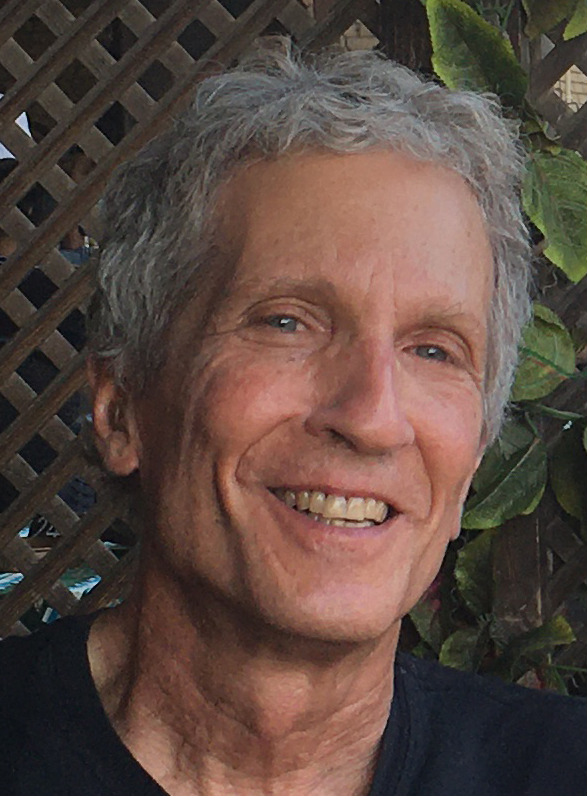
Glenn M. Schwartz is Whiting Professor of Archaeology, Department of Near Eastern Studies, Johns Hopkins University. He is a Near Eastern archaeologist who has directed excavations in Syria and Iraq and conducts research on the emergence and early trajectory of complex societies. Schwartz received his PhD from Yale University in 1982.
Schwartz’s field project at Tell Umm el-Marra, western Syria, included a focus on an elite necropolis from the Early Bronze Age with well-preserved tombs and evidence of ritual and sacrificial installations. His previous excavation project was based at Tell al-Raqa'i in northeastern Syria, investigating the character of a small village in the period of urban formation. Schwartz’s most recent fieldwork project has been based at the second-millennium BC urban Bronze Age site of Kurd Qaburstan south of Erbil in the Kurdistan region of Iraq. Among his publications are The Archaeology of Syria: From Complex Hunter-Gatherers to Urban Societies, ca. 16,000-300 BC (Cambridge University Press, 2003), coauthored with Peter Akkermans, Rural Archaeology in Early Urban Northern Mesopotamia: Excavations at Tell al-Raqa’i (Cotsen Institute of Archaeology Press, 2015), and After Collapse: The Regeneration of Complex Societies(University of Arizona Press, 2006), coedited with John Nichols.
Contact Michelle Jacobson
Email mjacobson@ioa.ucla.edu
Phone
The UCLA Waystation Initiative presents "Transforming from Yi 夷 to Xia 夏: A Bioanthropological Perspective on Cultural Transition" by Professor Hui Fang, Shandong University.
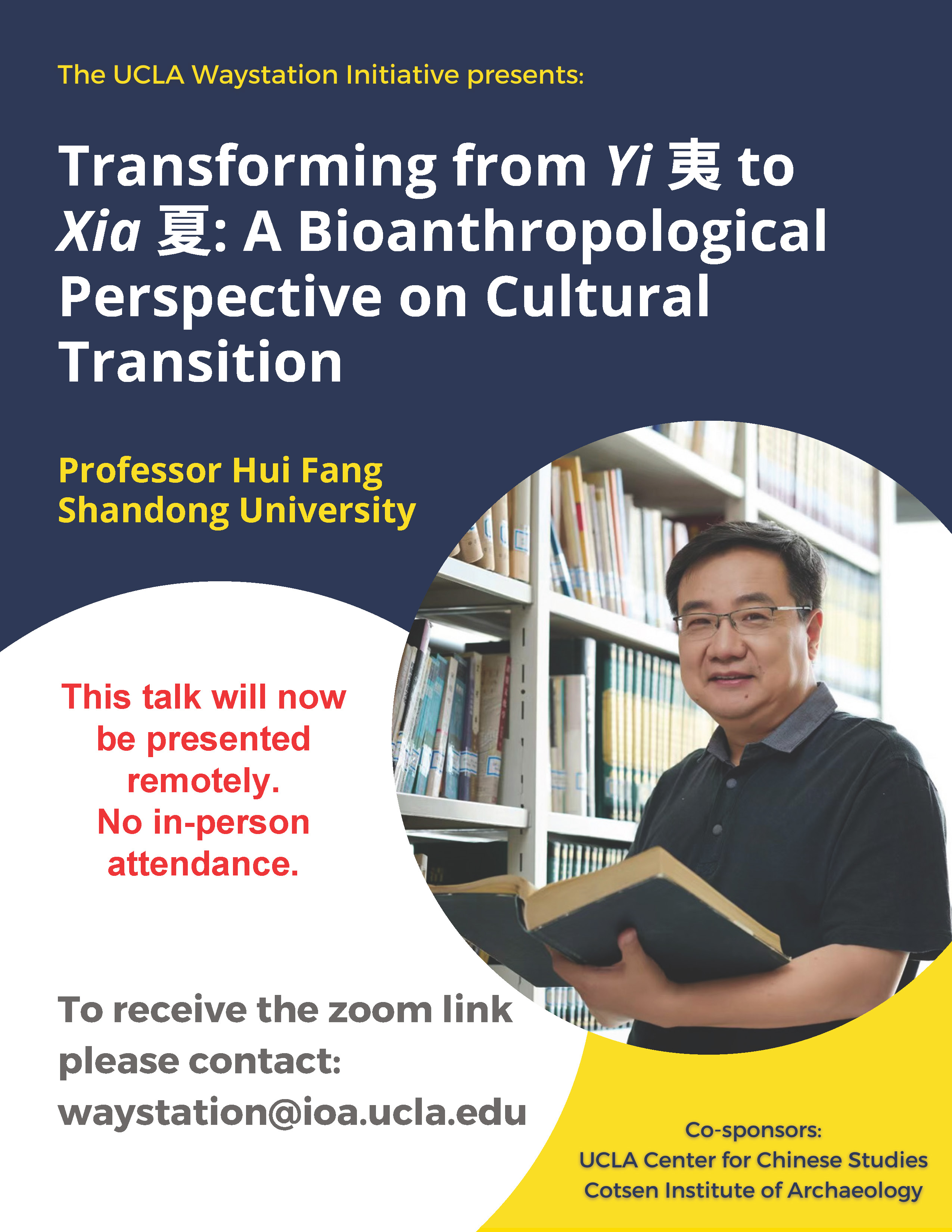
This is a online event. To receive the Zoom link please contact waystation@ioa.ucla.edu.
Co-sponsored by UCLA Center for Chinese Studies and the Cotsen Institute of Archaeology
Contact Lyssa Stapleton
Email waystation@ioa.ucla.edu
Phone
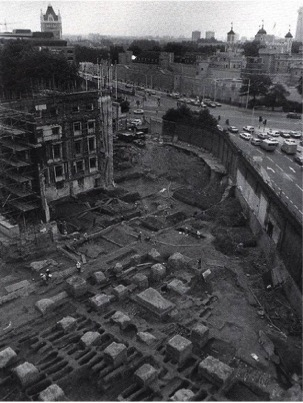 In the 14th-century, Afro-Eurasia was struck by a devastating pandemic of bubonic plague, now often called the Black Death, that killed an estimated 30-60% of some populations. Dr. DeWitte will discuss her bioarchaeological research, focusing on the skeletal remains of people who died before, during, and after the Black Death in London, England. This work aims to clarify the biosocial factors that shaped vulnerability to historical plague mortality and deepen the scope of understanding of the social and health interactions that shape epidemic disease experiences and outcomes. Analysis of demographic trends before and after the Black Death in London has revealed evidence of declines in life expectancies and, by inference, health for people before the Black Death, but improvements in health afterwards. Examination of patterns of skeletal indicators of stress reveal differences between males and females, which might reflect variation in sensitivity to stressors or differences in dietary resources in the aftermath of the Black Death. Dr. DeWitte will also highlight future directions in medieval plague bioarchaeology.
In the 14th-century, Afro-Eurasia was struck by a devastating pandemic of bubonic plague, now often called the Black Death, that killed an estimated 30-60% of some populations. Dr. DeWitte will discuss her bioarchaeological research, focusing on the skeletal remains of people who died before, during, and after the Black Death in London, England. This work aims to clarify the biosocial factors that shaped vulnerability to historical plague mortality and deepen the scope of understanding of the social and health interactions that shape epidemic disease experiences and outcomes. Analysis of demographic trends before and after the Black Death in London has revealed evidence of declines in life expectancies and, by inference, health for people before the Black Death, but improvements in health afterwards. Examination of patterns of skeletal indicators of stress reveal differences between males and females, which might reflect variation in sensitivity to stressors or differences in dietary resources in the aftermath of the Black Death. Dr. DeWitte will also highlight future directions in medieval plague bioarchaeology.
6pm Lecture
7pm Reception
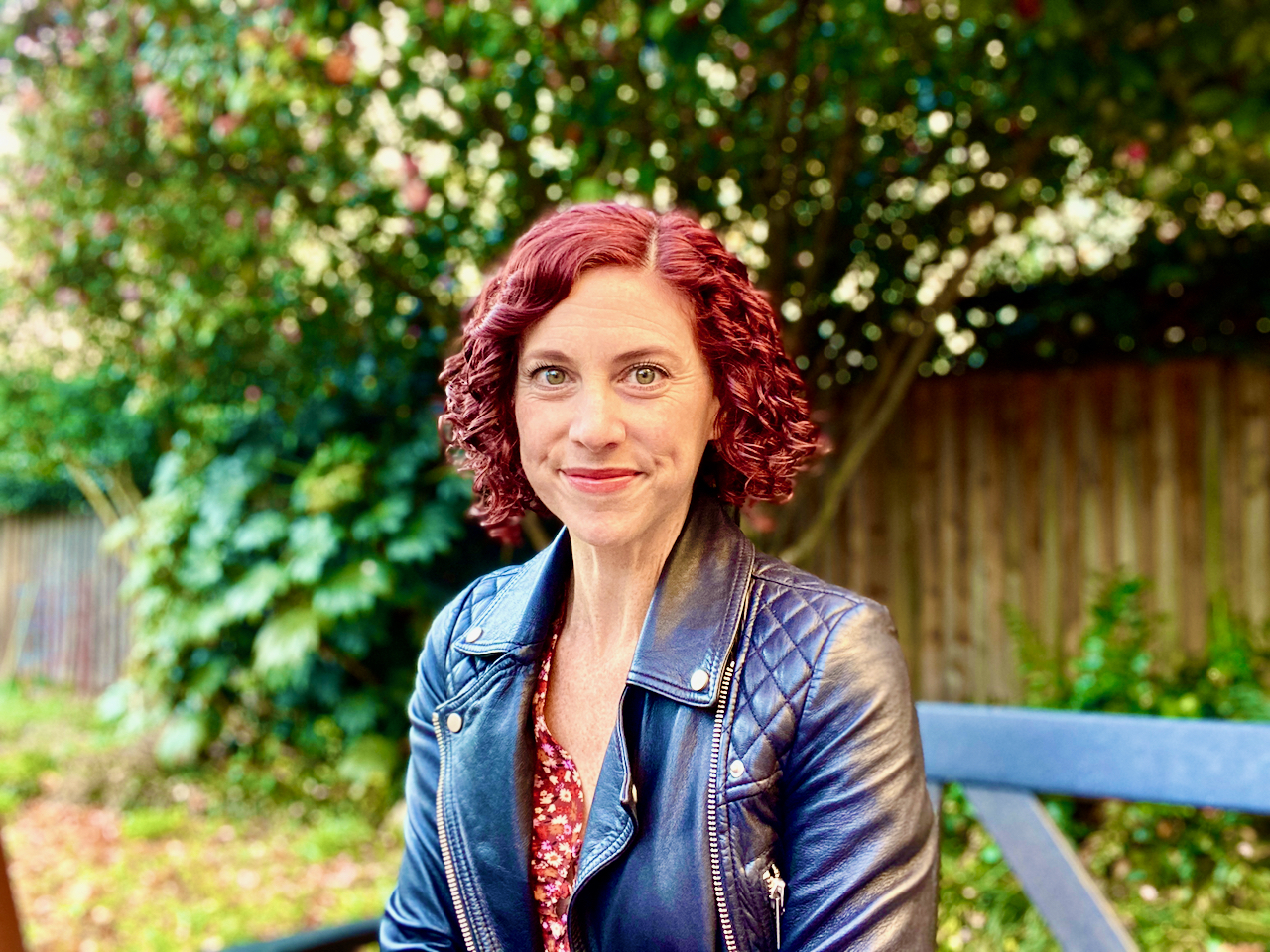 Sharon DeWitte (PhD. 2006, Pennsylvania State University) is a Professor in the Institute of Behavioral Science and Department of Anthropology at the University of Colorado, Boulder and a fellow of the American Association for the Advancement of Science. She is a biological anthropologist who specializes in the reconstruction of demography and health using human skeletal remains ethically excavated and curated from archaeological sites. She is particularly interested in infectious diseases and famine conditions in the past, and focuses on determining how factors such as sex, gender, social status, health, developmental stress, nutritional status, and geographic origin affected risks of mortality during such crises. Her research primarily focuses on mortality patterns during medieval plague epidemics in Europe and Central Asia. She is also generally interested in expanding the tools available to bioarchaeologists to examine health in the past in ways that put them in dialogue with scholars studying living people.
Sharon DeWitte (PhD. 2006, Pennsylvania State University) is a Professor in the Institute of Behavioral Science and Department of Anthropology at the University of Colorado, Boulder and a fellow of the American Association for the Advancement of Science. She is a biological anthropologist who specializes in the reconstruction of demography and health using human skeletal remains ethically excavated and curated from archaeological sites. She is particularly interested in infectious diseases and famine conditions in the past, and focuses on determining how factors such as sex, gender, social status, health, developmental stress, nutritional status, and geographic origin affected risks of mortality during such crises. Her research primarily focuses on mortality patterns during medieval plague epidemics in Europe and Central Asia. She is also generally interested in expanding the tools available to bioarchaeologists to examine health in the past in ways that put them in dialogue with scholars studying living people.
Contact Michelle Jacobson
Email mjacobson@ioa.ucla.edu
Phone
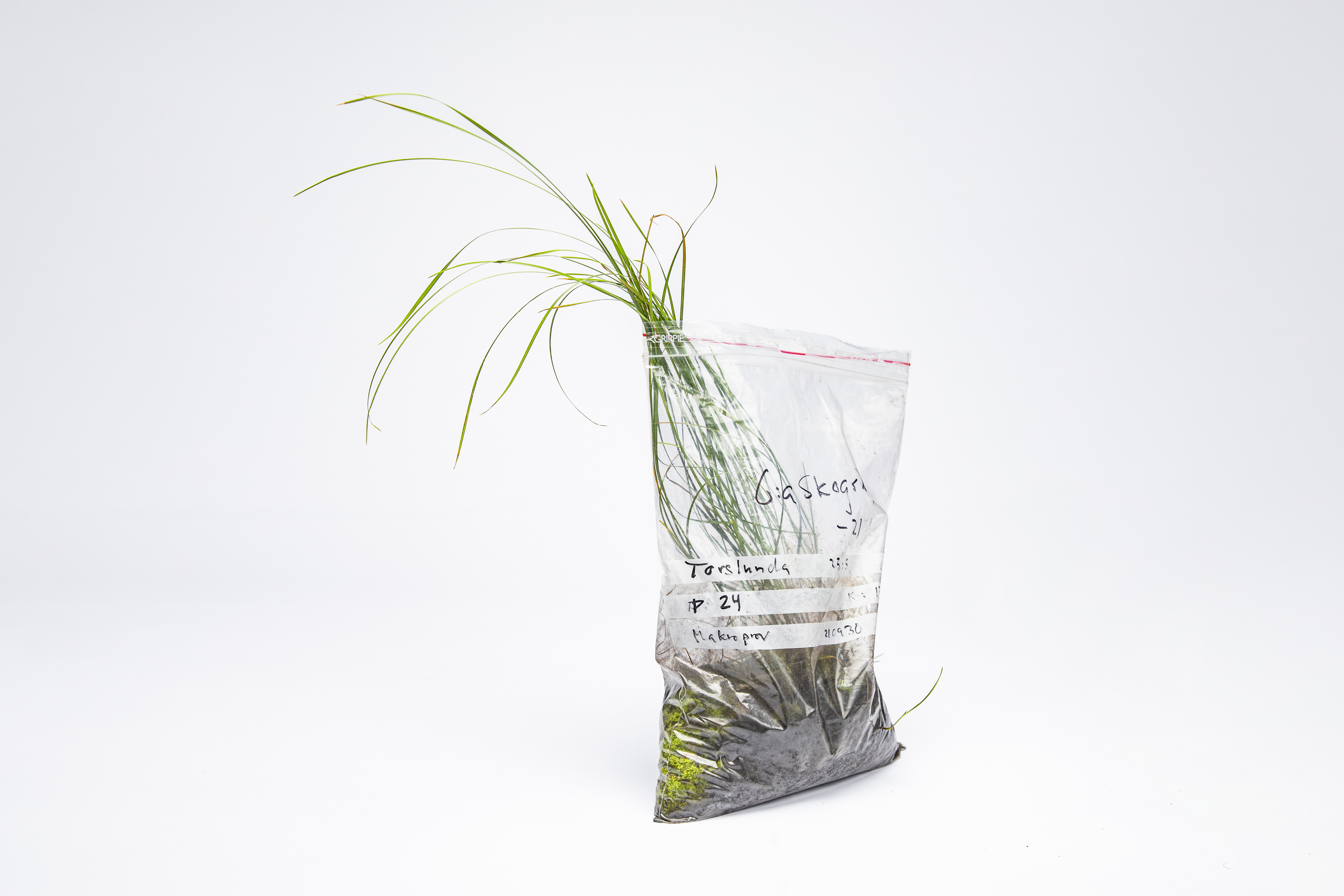 When I joined our students for their training excavation in September 2021 on the Swedish Island of Öland, it occurred to me that by focusing on the act of recovering objects and information, archaeology may be missing the most central aspect of the site. For the site was surrounded by lush vegetation and in the middle of an intense process of regeneration, involving everything from small creatures in the soil to huge trees reaching into the sky.
When I joined our students for their training excavation in September 2021 on the Swedish Island of Öland, it occurred to me that by focusing on the act of recovering objects and information, archaeology may be missing the most central aspect of the site. For the site was surrounded by lush vegetation and in the middle of an intense process of regeneration, involving everything from small creatures in the soil to huge trees reaching into the sky.
In this talk, I will trace the emergence of this insight and its implications for rethinking archaeology´s temporality and, in particular, the 1964 Venice Charter on Conservation and Restoration which has been the most influential 20th century document on policy guiding heritage conservation and restoration. I will also discuss implications for the response of archaeology to climate change, going beyond understanding long-term environmental change and safeguarding threatened sites toward developing strategies for increasing cultural resilience and sustainability. Archaeologists have long claimed to be working on the past for the benefit of future generations—now it is time to explicitly address the future and draw on the full potential of archaeology to make human societies more sustainable (while perhaps improving the life of non-human lifeforms too).
6pm Lecture
7pm Reception
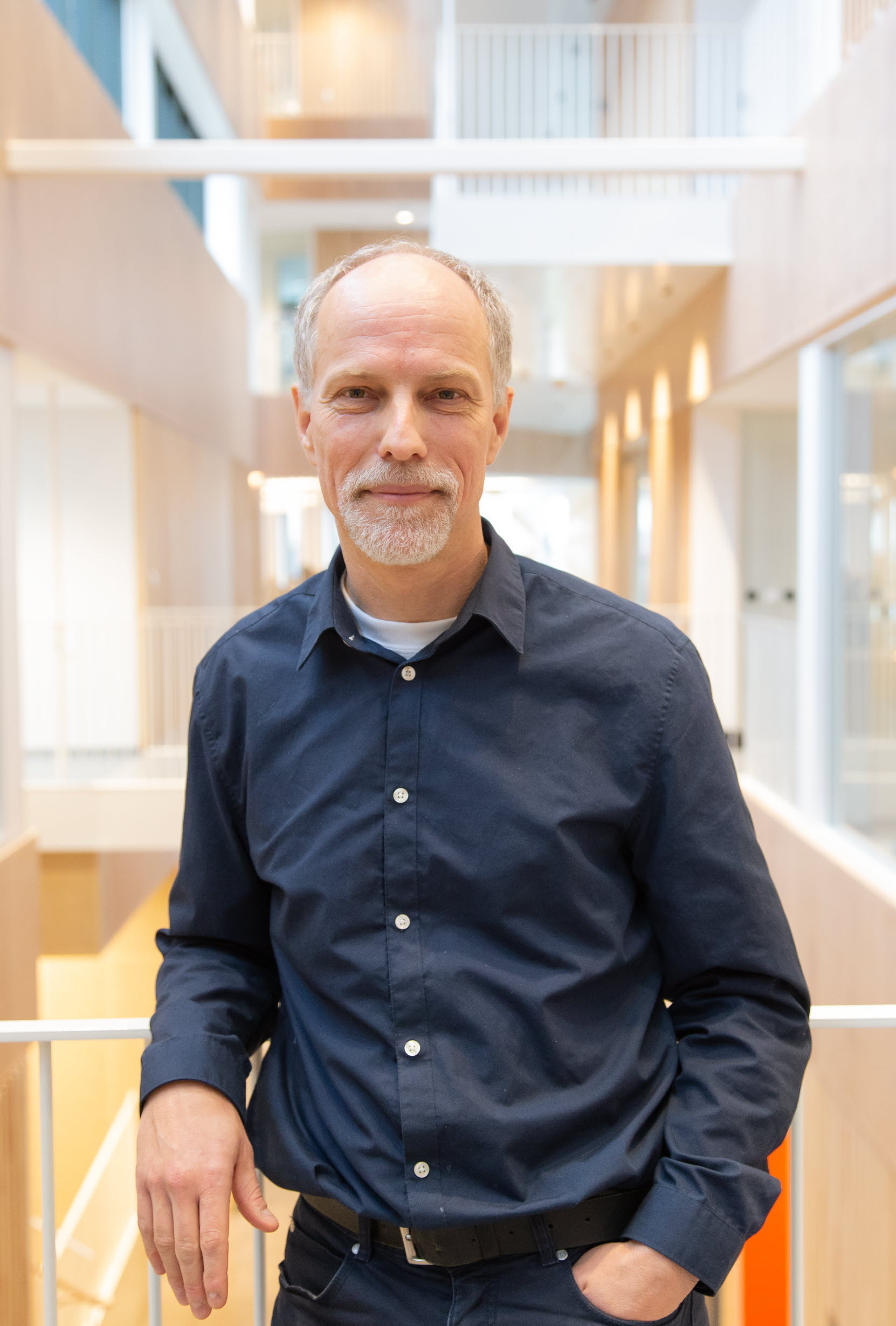 Cornelius Holtorf is Professor of Archaeology as well as Chairholder of the UNESCO Chair on Heritage Futures at Linnaeus University, Kalmar, Sweden. He studied in Germany and the UK, received a Doctorate from the University of Wales in 1998 (supervised by Michael Shanks), and has been living in Sweden for more than two decades, since 2008 in Kalmar. Since 2015, he has been directing the Graduate School in Contract Archaeology (GRASCA) comprising 9 PhD projects. He is currently a Getty Scholar working on “Heritage in Transformation”. For more information about Holtorf see http://lnu.se/en/unescochair and http://corneliusholtorf.com.
Cornelius Holtorf is Professor of Archaeology as well as Chairholder of the UNESCO Chair on Heritage Futures at Linnaeus University, Kalmar, Sweden. He studied in Germany and the UK, received a Doctorate from the University of Wales in 1998 (supervised by Michael Shanks), and has been living in Sweden for more than two decades, since 2008 in Kalmar. Since 2015, he has been directing the Graduate School in Contract Archaeology (GRASCA) comprising 9 PhD projects. He is currently a Getty Scholar working on “Heritage in Transformation”. For more information about Holtorf see http://lnu.se/en/unescochair and http://corneliusholtorf.com.
Contact Michelle Jacobson
Email mjacobson@ioa.ucla.edu
Phone
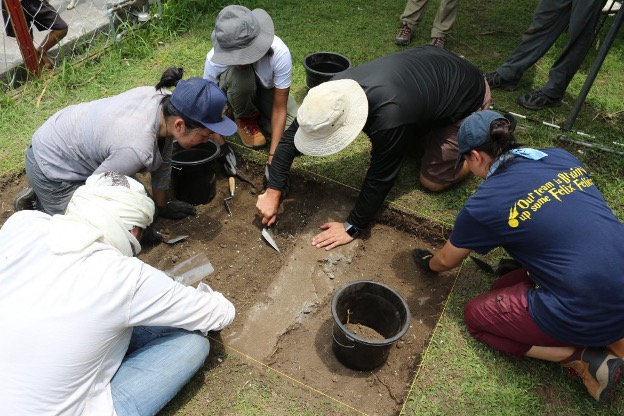 Archaeology has been perceived as a discipline where experts are the authority of the past, often overshadowing local and Indigenous interpretations of history. However, archaeology is undergoing a transformative shift. Many archaeologists now understand that descendant communities are not passive recipients of archaeological insights but active collaborators and custodians of their own histories. This talk will showcase Acabado’s work in the Philippines where community engagement is foundational, not an afterthought. At sites like the Ifugao Rice Terraces and Bicol, methodologies weave in local knowledge, skills, and traditions, offering a layered understanding of the past. Furthermore, community involvement promotes a renewed sense of ownership and pride in local cultural heritage. It is a reciprocal relationship: archaeologists achieve richer interpretations, while communities strengthen their historical narratives. Join us in exploring the intersection of community and archaeology in the Philippines and discover how genuine collaborative research can reshape an entire discipline.
Archaeology has been perceived as a discipline where experts are the authority of the past, often overshadowing local and Indigenous interpretations of history. However, archaeology is undergoing a transformative shift. Many archaeologists now understand that descendant communities are not passive recipients of archaeological insights but active collaborators and custodians of their own histories. This talk will showcase Acabado’s work in the Philippines where community engagement is foundational, not an afterthought. At sites like the Ifugao Rice Terraces and Bicol, methodologies weave in local knowledge, skills, and traditions, offering a layered understanding of the past. Furthermore, community involvement promotes a renewed sense of ownership and pride in local cultural heritage. It is a reciprocal relationship: archaeologists achieve richer interpretations, while communities strengthen their historical narratives. Join us in exploring the intersection of community and archaeology in the Philippines and discover how genuine collaborative research can reshape an entire discipline.
6pm Lecture
7pm Reception
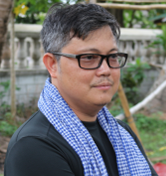 Stephen B. Acabado is Professor of Anthropology and Director of the Center for Southeast Asian Studies at UCLA. He is recognized for his community-oriented work in the Philippines and has dedicated his career to the study of the Ifugao Rice Terraces, a site of significant historical and cultural importance that has been designated as a UNESCO World Heritage site. Dr. Acabado places community engagement at its core of his practice. He staunchly advocates for the involvement of local communities in archaeological endeavors, ensuring that their histories, perspectives, and insights are incorporated into the larger narrative.
Stephen B. Acabado is Professor of Anthropology and Director of the Center for Southeast Asian Studies at UCLA. He is recognized for his community-oriented work in the Philippines and has dedicated his career to the study of the Ifugao Rice Terraces, a site of significant historical and cultural importance that has been designated as a UNESCO World Heritage site. Dr. Acabado places community engagement at its core of his practice. He staunchly advocates for the involvement of local communities in archaeological endeavors, ensuring that their histories, perspectives, and insights are incorporated into the larger narrative.
Contact Michelle Jacobson
Email mjacobson@ioa.ucla.edu
Phone
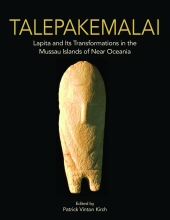 Talepakemalai, in the Mussau Islands of Papua New Guinea, excavated by Patrick Kirch between 1985-1988, is the earliest and largest site of the Lapita Cultural Complex, which was ancestral to most of the later cultures of island Melanesia, Micronesia, and Polynesia. With a unique waterlogged component, Talepakemalai preserved the wooden posts of a stilt house dated to 1300-1100 BCE. Associated with the stilt house was a large assemblage of elaborately-decorated pottery, many of the vessels displaying human face motifs, along with a diversity of artifacts in shell, bone, and stone. Prof. Kirch will discuss these finds, and their significance for understanding the role of the Lapita people in the settlement of Oceania.
Talepakemalai, in the Mussau Islands of Papua New Guinea, excavated by Patrick Kirch between 1985-1988, is the earliest and largest site of the Lapita Cultural Complex, which was ancestral to most of the later cultures of island Melanesia, Micronesia, and Polynesia. With a unique waterlogged component, Talepakemalai preserved the wooden posts of a stilt house dated to 1300-1100 BCE. Associated with the stilt house was a large assemblage of elaborately-decorated pottery, many of the vessels displaying human face motifs, along with a diversity of artifacts in shell, bone, and stone. Prof. Kirch will discuss these finds, and their significance for understanding the role of the Lapita people in the settlement of Oceania.
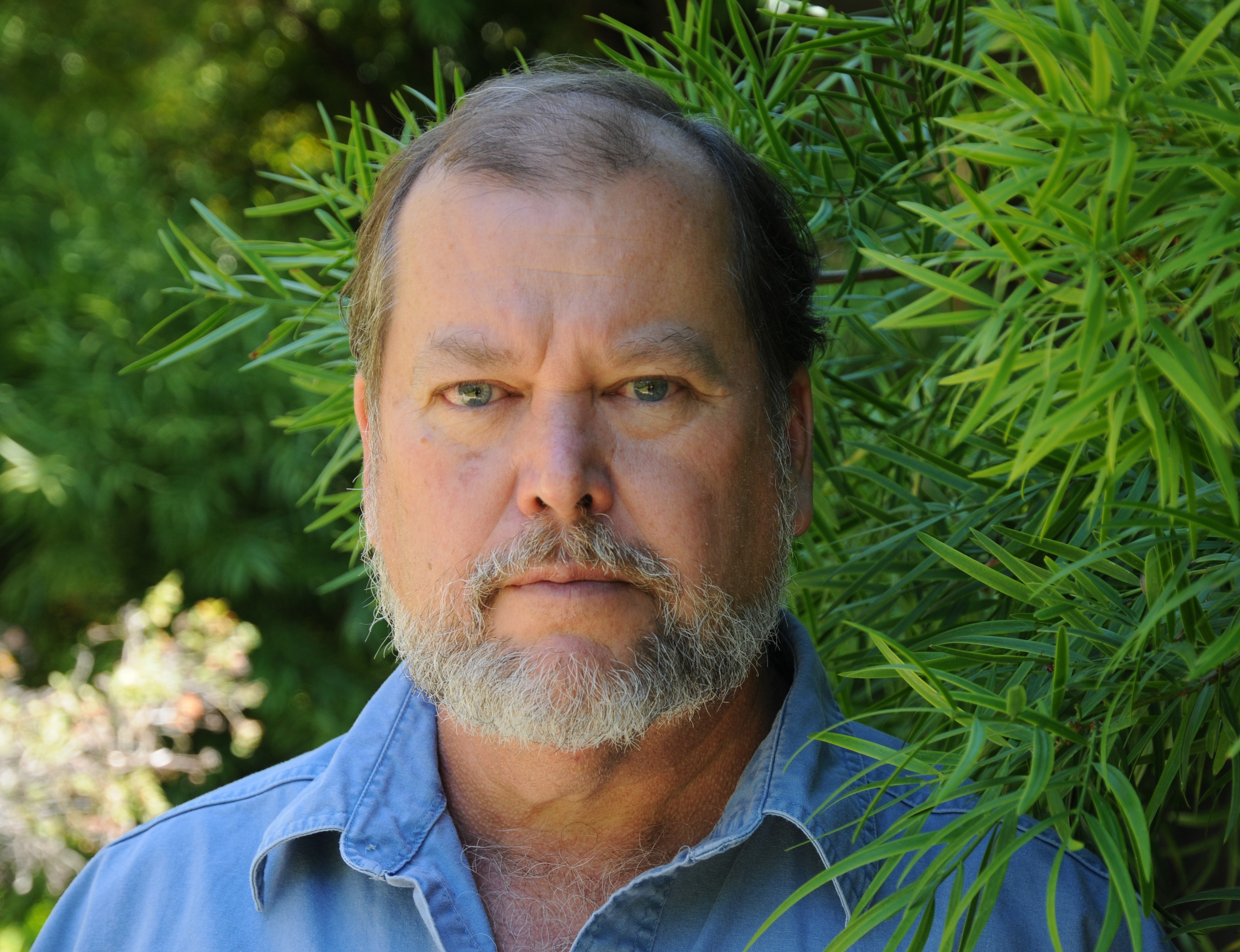 Patrick V. Kirch is Professor of Anthropology at the University of Hawai‘i, Mānoa, and Professor Emeritus of Anthropology and Integrative Biology at the University of California, Berkeley. Born and raised in Hawai‘i, Kirch received his Ph.D. from Yale University. Kirch has held positions at the Bernice P. Bishop Museum, the University of Washington, and from 1989-2014 taught at U. C. Berkeley. Kirch uses islands as “model systems” for understanding both cultural evolution and the complex dynamics between humans and their island ecosystems. He has carried out archaeological fieldwork in the Mussau Islands, Solomon Islands, Tonga, Samoa, Futuna, the Cook Islands, Society Islands, Mangareva Islands, and Hawaiian Islands. Kirch has published some 25 books and monographs, and more than 300 articles and chapters on the results of his research. Among his honors are the John J. Carty Award for the Advancement of Science (NAS), the J. I. Staley Prize (School for Advanced Research), and the Herbert E. Gregory Medal (Pacific Science Association). In 2022 he was named a “Living Treasure of Hawai’i” by the Honpa Hongwanji Mission.
Patrick V. Kirch is Professor of Anthropology at the University of Hawai‘i, Mānoa, and Professor Emeritus of Anthropology and Integrative Biology at the University of California, Berkeley. Born and raised in Hawai‘i, Kirch received his Ph.D. from Yale University. Kirch has held positions at the Bernice P. Bishop Museum, the University of Washington, and from 1989-2014 taught at U. C. Berkeley. Kirch uses islands as “model systems” for understanding both cultural evolution and the complex dynamics between humans and their island ecosystems. He has carried out archaeological fieldwork in the Mussau Islands, Solomon Islands, Tonga, Samoa, Futuna, the Cook Islands, Society Islands, Mangareva Islands, and Hawaiian Islands. Kirch has published some 25 books and monographs, and more than 300 articles and chapters on the results of his research. Among his honors are the John J. Carty Award for the Advancement of Science (NAS), the J. I. Staley Prize (School for Advanced Research), and the Herbert E. Gregory Medal (Pacific Science Association). In 2022 he was named a “Living Treasure of Hawai’i” by the Honpa Hongwanji Mission.
Contact Michelle Jacobson
Email mjacobson@ioa.ucla.edu
Phone
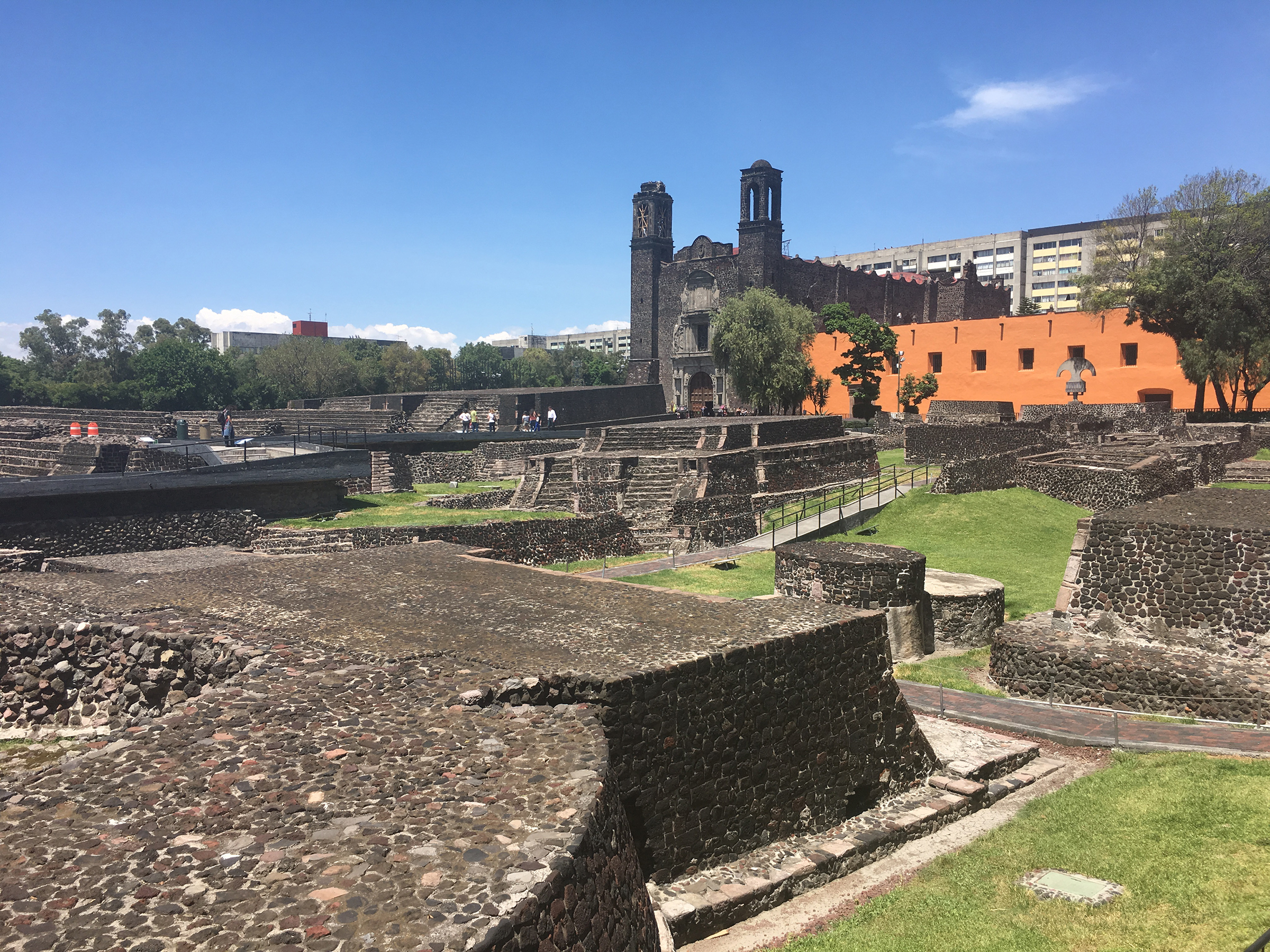 Mexico of five centuries ago was witness to one of the most momentous encounters between human societies, when a group of Spaniards led by Hernando Cortés joined forces with tens of thousands of Mesoamerican allies to topple the mighty Aztec Empire. The violent clash that culminated in the Aztec-Spanish war of 1519-1521 and the new colonial order it created were millennia in the making, entwining the previously independent cultural developments of both sides of the Atlantic. In this talk, Carballo provides a deep history of this encounter based in archaeology and material culture to consider the richly layered cultures of Mexico and Spain and their interweaving in and encounter characterized by conquest and colonialism but also strategic action and resilience on the part of Native peoples.
Mexico of five centuries ago was witness to one of the most momentous encounters between human societies, when a group of Spaniards led by Hernando Cortés joined forces with tens of thousands of Mesoamerican allies to topple the mighty Aztec Empire. The violent clash that culminated in the Aztec-Spanish war of 1519-1521 and the new colonial order it created were millennia in the making, entwining the previously independent cultural developments of both sides of the Atlantic. In this talk, Carballo provides a deep history of this encounter based in archaeology and material culture to consider the richly layered cultures of Mexico and Spain and their interweaving in and encounter characterized by conquest and colonialism but also strategic action and resilience on the part of Native peoples.
6pm Lecture
7pm Reception
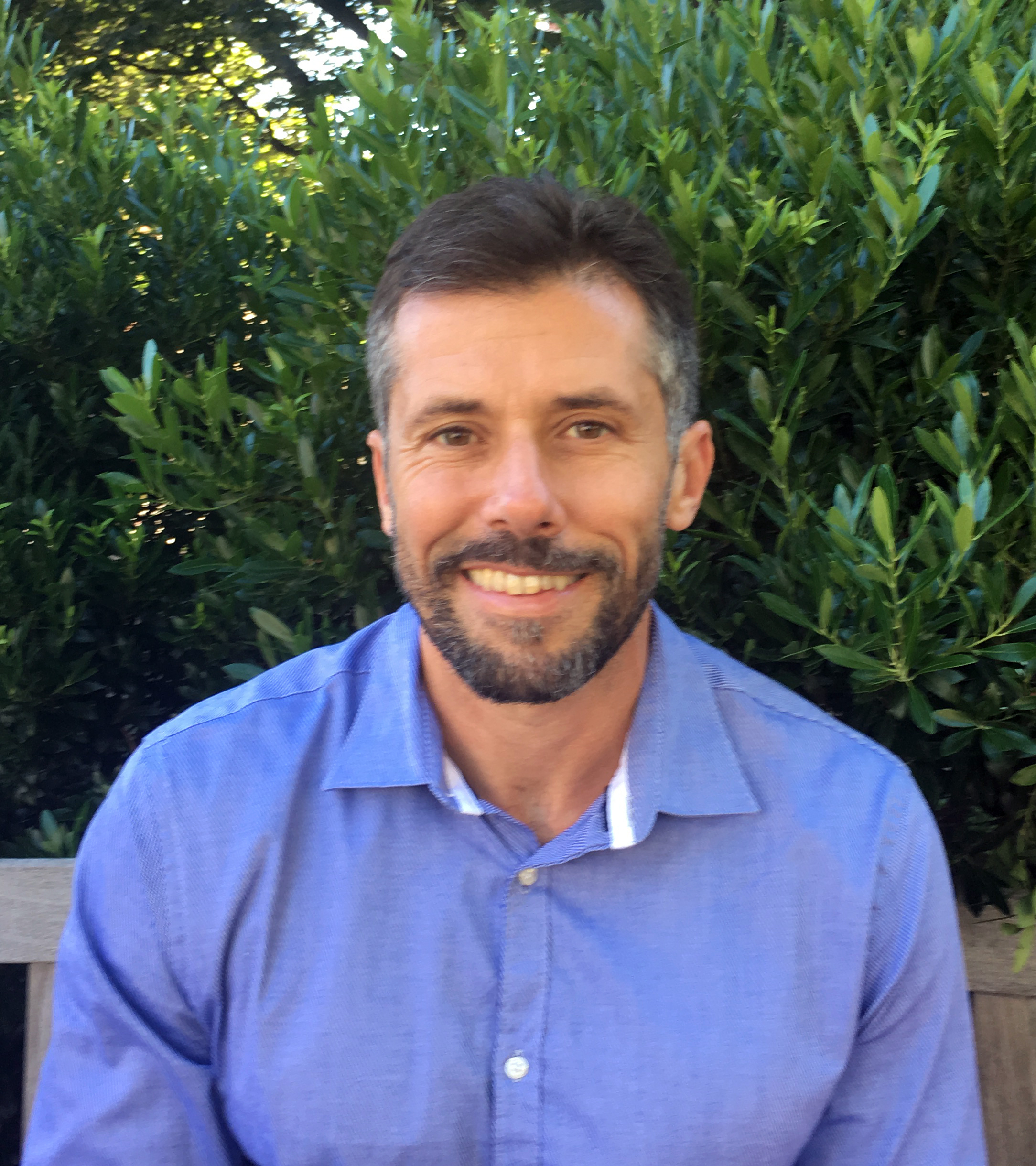 David Carballo is Professor of Anthropology, Archaeology, and Latin American Studies at Boston University. He completed his graduate training (2001 MA, 2005 PhD) at UCLA and specializes in the archaeology of Latin America, especially central Mexico and with topical interests in households, urbanism, religion, social inequality, and working with contemporary communities in understanding ancient ones. Current investigations focus on Teotihuacan’s Tlajinga district, a cluster of non-elite neighborhoods on the periphery of what was then the largest city in the Americas. Recent books include Urbanization and Religion in Ancient Central Mexico (2016), Teotihuacan: The World Beyond the City (ed., 2020), Collision of Worlds: A Deep History of the Fall of Aztec Mexico and the Forging of New Spain (2020), and Collective Action and the Reframing of Early Mesoamerica (2023).
David Carballo is Professor of Anthropology, Archaeology, and Latin American Studies at Boston University. He completed his graduate training (2001 MA, 2005 PhD) at UCLA and specializes in the archaeology of Latin America, especially central Mexico and with topical interests in households, urbanism, religion, social inequality, and working with contemporary communities in understanding ancient ones. Current investigations focus on Teotihuacan’s Tlajinga district, a cluster of non-elite neighborhoods on the periphery of what was then the largest city in the Americas. Recent books include Urbanization and Religion in Ancient Central Mexico (2016), Teotihuacan: The World Beyond the City (ed., 2020), Collision of Worlds: A Deep History of the Fall of Aztec Mexico and the Forging of New Spain (2020), and Collective Action and the Reframing of Early Mesoamerica (2023).
Contact Michelle Jacobson
Email mjacobson@ioa.ucla.edu
Phone
- 1 of 7
- next ›


